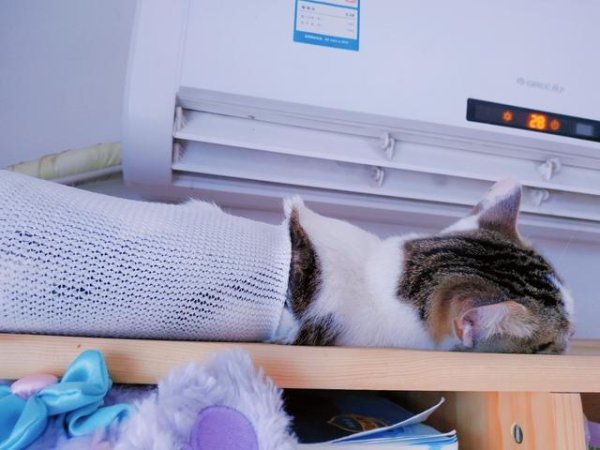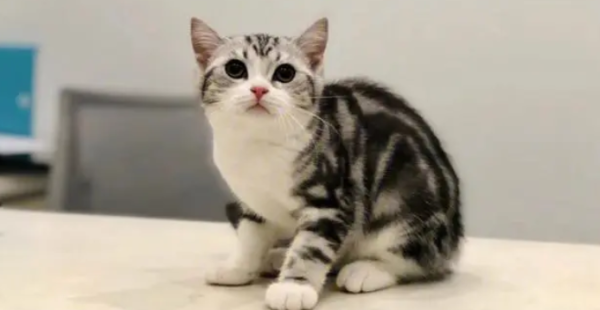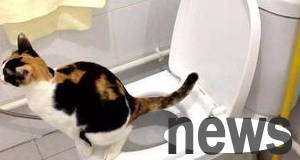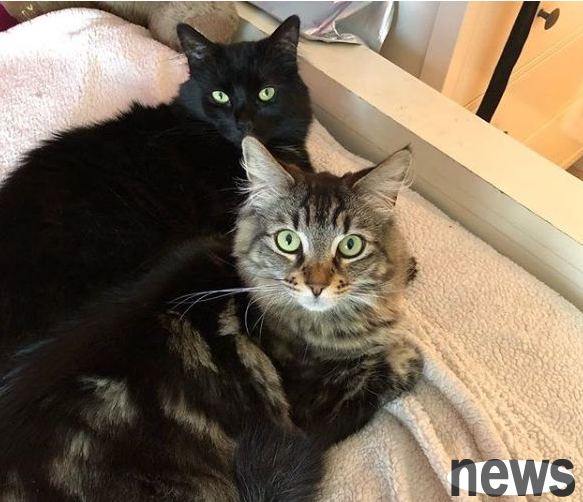Cats can also be allergic! What are the symptoms of cat allergies?
Although cats have some allergic symptoms that will not endanger the cat's life, like humans, cat allergies can also ruin the cat's happy life! Can't speak + instinctively hide discomfort. The discovery of cats' allergies depends entirely on the "fire eyes" of the shoveler. Itching caused by allergies may be local or systemic, and may be accompanied by redness, irritating rash, small blister lumps or other irritating symptoms. Sometimes, allergic stimulation is limited to the head or ears. In order to relieve itching, cats will scratch their heads, or rub itch back and forth on the ground and objects, or shook their heads from time to time, as if this will prevent allergies.
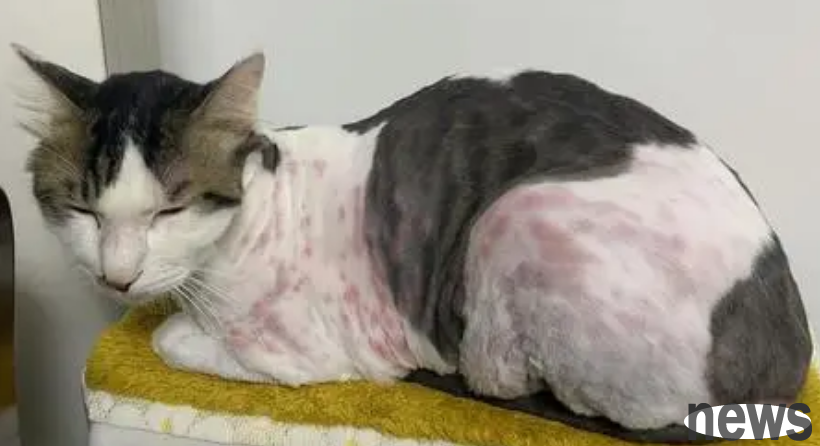
In order to relieve itching, many cats overcomb themselves and try to comb the itchy. But the allergens did not remove them, but the hair gradually became bald. If allergies are caused by something in the air, such as dust, pollen, the cat may sneeze—the body tries to remove irritants through rapid air movement. Another reaction related to inhalation allergy, especially cats with asthma on their own, is more likely to experience symptoms of shortness of breath, severe cough or wheezing due to allergies.
Note that allergies are a possible cause of cats snoring, but not the only cause. If a cat snores only for one specific time of year, this may mean seasonal allergies. Allergens in the air, in addition to the cat's nose, can also enter the cat's eyes, causing allergic symptoms such as itchy and tears in the eyes. One of the most common symptoms of contact allergies caused by grass, trees, mold or other natural allergens is swollen paws, sensitive and uncomfortable. If it is allergic to paws, we will see the cat licking or chewing its paws desperately. Unfortunately, doing so often only causes more swelling and uncomfortable.
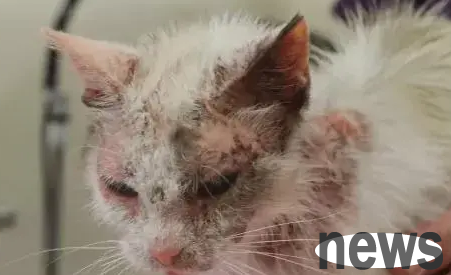
is usually related to food allergies. Cats will suffer from indigestion after ingesting allergens - triggering immune responses and inflammation in the digestive tract, destroying the cat's ability to digest food. Over time, it can lead to greater complications such as weight loss, malnutrition, or dehydration. In some cases, food allergies can cause excessive other production and then stay in the gastrointestinal tract, causing severe abdominal distension, pain, or frequent farting in the cat.
Although cat allergies do not have special medicines that can be eliminated in one click, they can be effectively reduced and alleviated through the caution of our cat shovelers. One of the mistakes we often make when treating cat allergies is to focus too much on symptoms and ignore the root causes of allergies. Even if you want to relieve your cat's symptoms, you should focus on treating the cause. If a cat is found to have suspected allergic symptoms, you must seek medical attention in time to find out possible allergens. Only by treating both the symptoms and the root causes can you truly relieve cat discomfort.


